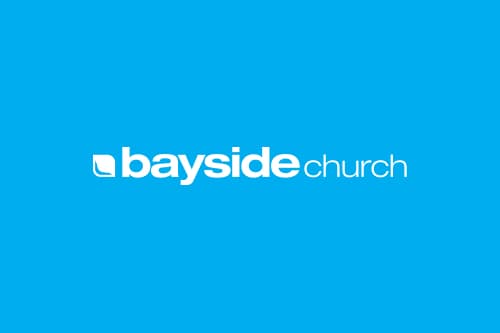In last week’s blog I highlighted something that the church needs to beware of, that is, outraged Christians. They write blogs and social media posts that others share with little or no fact checking. All they do is distort the truth, create fear and lead to further outrage which creates an attitude of culture wars. Outraged Christians see themselves as a minority that has to lobby and campaign for their rights. How different this is to the way the first century Church conducted themselves in even more adversarial circumstances than we face today (read the Book of Acts).
In recent times, I’ve noticed another falsehood being shared and re-shared by the outraged. This time it’s about the Doctors in Secondary Schools program introduced by the State Premier of Victoria, Daniel Andrews. The outrage goes as follows:
Daniel Andrews’ government has launched a program that will allow students to bypass permission from their parents and receive medical treatment, including the pill, without their parents’ or guardians’ knowledge. The quoted example is of a girl as young as 11 being able to get a prescription for contraceptives from school without the parents knowing about it.
As the father of three daughters, I’d certainly be concerned if this were true. So instead of sharing the outrage on social media, I did some homework and here’s what I discovered:
The people who are outraged are missing the primary purpose of this program that is all about improving the mental health of youth in Australia. The Doctors in Secondary Schools program is not about providing an oral contraception service to adolescent girls. As suicide is the leading cause of death for the 15-19-year-old age group in Australia (which accounts for 31% of deaths in this age group), this program aims at removing a barrier and improving the mental health of this vulnerable population.
Regarding the issue of whether a doctor can prescribe the oral contraceptive to a young person without the parents’ consent, the concept of “mature minor” comes into play. [1]
This idea of “mature minor” was first adopted in England after a famous court case in the 1980’s when a mother of five daughters (Mrs. Gillick) took the family doctor to court. The court rejected her claim, and it was at that time the law was changed in England to reflect this. Australia followed suit shortly after. So it has been legal to prescribe the oral contraceptive to “mature minors” for more than 30 years. This practice goes on in Australian general practices every day. It is not a new thing.
What this looks like in practical terms is that very few adolescents under 16 would satisfy the definition of mature minors. They often do not have a thorough understanding of the risks of entering a new sexual relationship (unwanted pregnancy, STIs, etc.) or the consequences of their actions. What most GPs do is spend a lot of time trying to persuade the young person to talk to their parents and include them in the decision making process. They also screen to make sure that someone is not coercing the young person into a sexual relationship. Older teens would still need to satisfy the GP that they have a complete understanding of the risk and consequences of entering into a sexual relationship. It would only be if the GP felt that the young person was definitely going to engage in sex that they would prescribe it on the grounds that the risks of pregnancy were greater than the harms of being on the pill.
The concept of mature minor also comes into play in schools. It is the Department of Education policy that principals can declare a child to be a mature minor and to make decisions about their education.[2] In the same way that principals would always have the young person’s best interests at heart, so too do GPs. It would be a very rare circumstance that it was not in the best interests of the adolescent to have their parents involved in decisions about their education or medical care. GPs want parental involvement too.
Have people been getting up in arms about the Department of Education policy? NO! Has it been the policy for years now? YES!
So this outrage that’s been doing the rounds online is just another example of people getting upset about a new initiative that is not so new but has been occurring for years in a different form. And maybe this new initiative might save a few lives as doctors, parents and the education department work together to help prevent unwanted pregnancies, sexually transmitted diseases, sexual abuse, self-harm, and suicide as well as to diagnose and treat mental illnesses.
So how should we deal with outrage when we see it?
First of all, rather than respond to or repeat the information, check it out. Get the facts and see if the outrage has any foundation. Secondly, how about we (Christians) get outraged about the genuine injustices we see around us? Where’s the outrage from the church about the mistreatment of refugees and asylum seekers? Where’s the outrage that leads us to help those who, for whatever reason, find themselves homeless on our city streets? Let me hear some Christian outrage about domestic violence, human trafficking and the injustices faced by Australia’s Indigenous people. Let’s start being incensed by the things that anger God. Maybe then Australians will sit up and start to give some value to the Church again (instead of leaving it in droves) because they will see us not just looking after our interests but also the interests of others. [3]
[1]http://www.racgp.org.au/download/documents/AFP/2011/March/201103bird.pdf
[2]http://www.education.vic.gov.au/school/principals/spag/safety/Pages/matureminor.aspx
[3] Philippians 2:4




